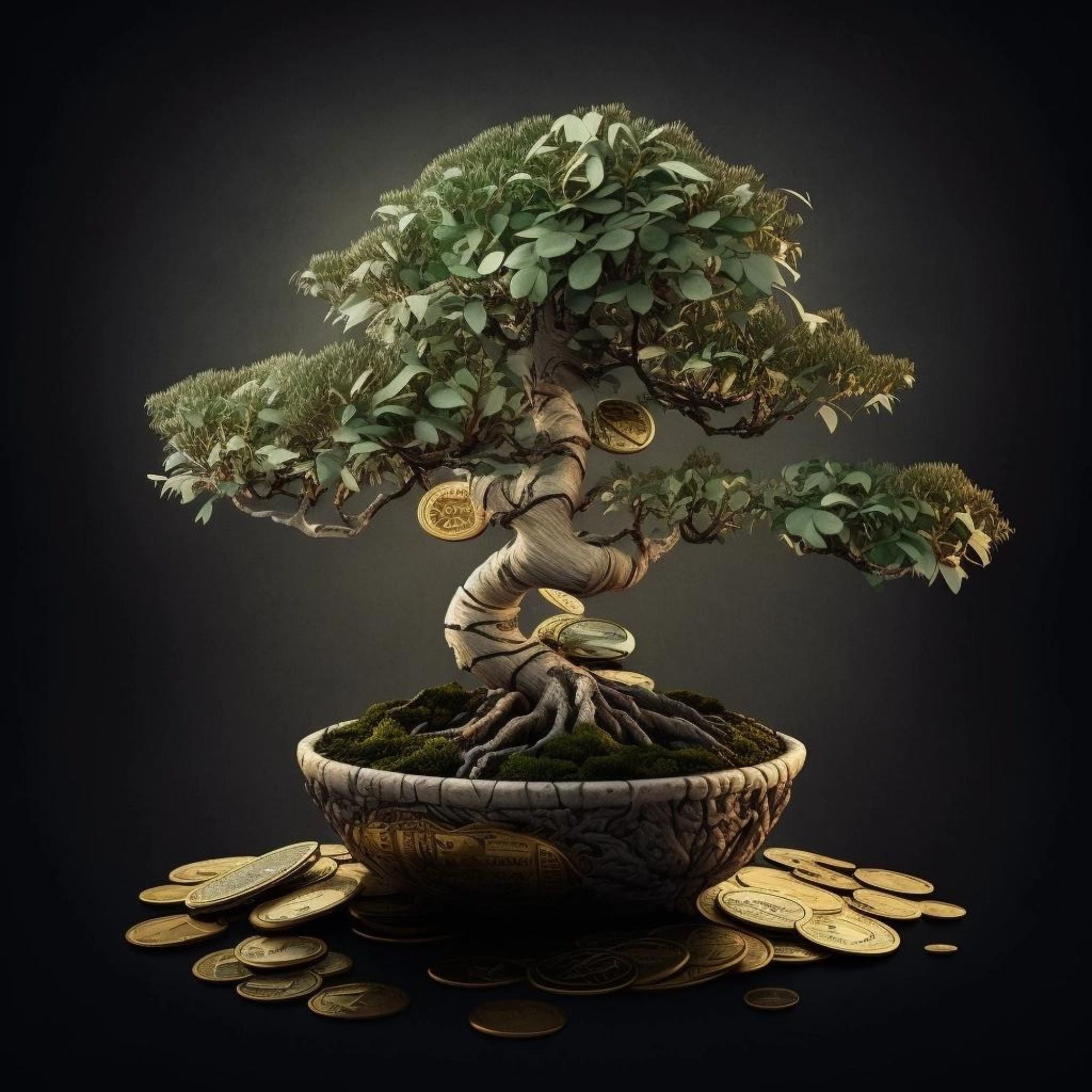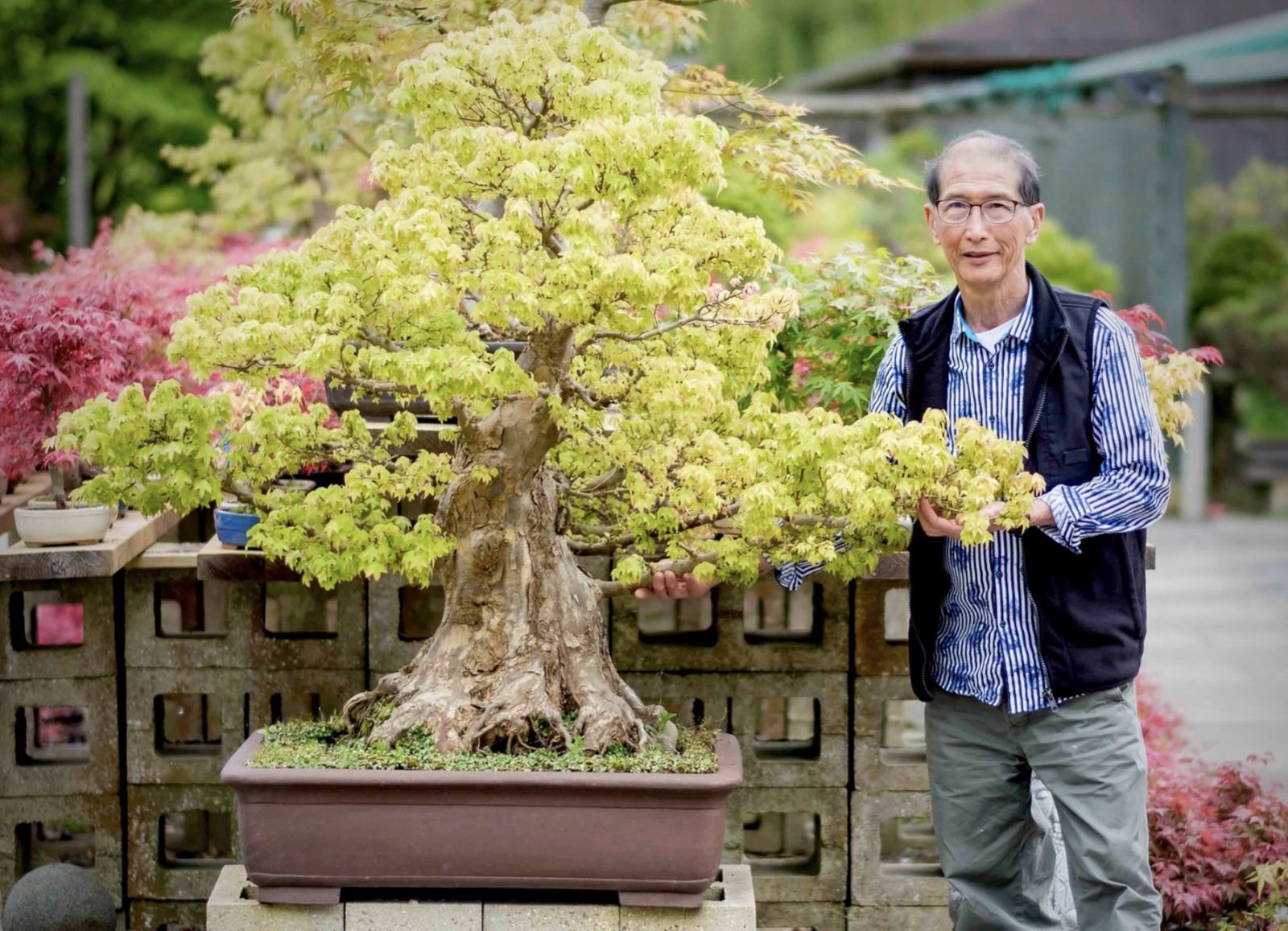A Bonsai tree can cost anywhere from $20 to $10,000. Prices vary based on species, age, and condition.
Bonsai trees are miniature versions of full-sized trees, meticulously cultivated for aesthetics. They offer a unique blend of nature and art, making them highly sought after by enthusiasts. Beginners can start with affordable, younger trees, while seasoned collectors often invest in older, more intricate specimens.
Factors affecting price include the tree’s age, rarity, and the skill required to maintain it. Specialty nurseries and online stores offer a wide range of options. Bonsai trees not only enhance indoor and outdoor spaces but also bring a sense of tranquility and accomplishment to their caretakers. Whether for a hobby or collection, there’s a Bonsai for every budget.
Introduction To Bonsai Trees
Bonsai trees are miniature versions of full-sized trees. They are grown in small pots. They require special care to maintain their size and shape. Bonsai trees have become popular due to their beauty and symbolism.
Brief History
Bonsai trees have a rich history. They originated in China over a thousand years ago. The practice later spread to Japan. In Japan, bonsai became an art form. It was perfected over centuries. Bonsai trees were often displayed in homes and gardens. They symbolized harmony and balance.
Popularity And Significance
Bonsai trees are popular worldwide. Many people enjoy their beauty. They also appreciate the skill required to grow them. Bonsai trees are seen as symbols of patience and care. They teach us about nature and the passage of time.
Here are some reasons why bonsai trees are significant:
- They bring a sense of tranquility to any space.
- They require careful attention and dedication.
- They are living works of art.
- They can be passed down through generations.
Bonsai trees make excellent gifts. They are unique and meaningful. They represent a deep connection to nature.
Factors Affecting Bonsai Tree Prices
Knowing the factors that affect bonsai tree prices is crucial. Each factor impacts the cost significantly. Understanding these can help you choose the right tree.
Species And Variety
The species and variety of a bonsai tree greatly affect its price. Some species are rare and expensive. Common species include juniper, maple, and pine. Rare species might cost more due to their unique features.
Age And Size
Age and size are important price determinants. Older bonsai trees are more expensive. The size also influences the cost. Larger bonsai trees require more care and time. They often fetch higher prices.
Pot And Soil Quality
The quality of the pot and soil is another factor. High-quality pots can increase the price. Good soil ensures the tree’s health and longevity. Investing in quality pots and soil is worthwhile.
| Factor | Impact on Price |
|---|---|
| Species and Variety | Rare species cost more. |
| Age and Size | Older and larger trees are pricier. |
| Pot and Soil Quality | High-quality pots and soil increase the price. |
Choosing the right bonsai tree involves considering these factors. Each factor can make a big difference. Make informed decisions for a successful bonsai experience.
Price Ranges For Different Bonsai Trees
Bonsai trees come in various types and sizes. The cost depends on the tree’s age, species, and level of care required. Let’s explore the price ranges for different bonsai trees.
Beginner Trees
Beginner bonsai trees are perfect for those new to bonsai care. These trees are often younger and easier to maintain. They are great for learning the basics of bonsai.
- Juniper Bonsai: $20 – $50
- Ficus Bonsai: $25 – $60
- Chinese Elm Bonsai: $30 – $70
Intermediate Trees
Intermediate bonsai trees require more skill and attention. These trees are older and may have more intricate designs. They are ideal for enthusiasts with some experience.
- Maple Bonsai: $100 – $300
- Pine Bonsai: $150 – $400
- Azalea Bonsai: $200 – $500
Advanced And Rare Trees
Advanced and rare bonsai trees are for experts. These trees are often decades old and need expert care. They are highly sought after and can be quite expensive.
- Japanese White Pine Bonsai: $500 – $1,500
- Shimpaku Juniper Bonsai: $1,000 – $3,000
- Ancient Bonsai Trees: $5,000 and up
Whether you are a beginner or an expert, there is a bonsai tree for you. The prices vary widely, so you can find one that fits your budget and skill level.

Credit: www.bonsaiempire.com
Additional Costs To Consider
Owning a bonsai tree is not just about the initial purchase. There are several additional costs to consider that ensure your bonsai stays healthy and beautiful. Understanding these costs will help you budget better and provide the best care for your tree.
Tools And Equipment
To care for a bonsai, you need specific tools. Basic tools include pruning shears, wire cutters, and small saws. Professional-grade tools can be more expensive but offer better durability and precision.
| Tool | Estimated Cost |
|---|---|
| Pruning Shears | $15 – $50 |
| Wire Cutters | $10 – $30 |
| Small Saws | $20 – $60 |
Fertilizers And Nutrients
Bonsai trees need special fertilizers to thrive. Regular fertilization ensures your bonsai gets the nutrients it needs. Organic and inorganic fertilizers are available, each with its own cost.
- Organic Fertilizers: $10 – $30 per pack
- Inorganic Fertilizers: $5 – $20 per pack
Training And Pruning
Training a bonsai tree involves wiring and pruning. Both are essential to shape the tree and keep it healthy. The cost of wiring materials and professional pruning services can add up.
- Wiring Materials: $10 – $40
- Professional Pruning Services: $50 – $100 per session
By considering these additional costs, you can ensure your bonsai tree remains a beautiful and healthy addition to your home.
Where To Buy Bonsai Trees
Finding the perfect bonsai tree can be a fun experience. There are several places to explore when buying a bonsai tree. Each option offers unique benefits. Below, you’ll find the best places to purchase bonsai trees. This guide will help you make an informed decision.
Local Nurseries
Local nurseries are a great place to start your search. They often have a variety of bonsai trees. You can see the trees in person and choose the best one. Visiting a nursery allows you to inspect the tree’s health. You can also ask for expert advice from the staff. Local nurseries provide a hands-on experience.
Online Retailers
Online retailers offer a convenient way to buy bonsai trees. Many websites sell a wide range of bonsai trees. You can browse through different species and styles. Online shopping allows you to compare prices easily. Some popular online retailers include:
- Amazon
- eBay
- Bonsai Boy of New York
Read customer reviews before making a purchase. This ensures you get a healthy and high-quality tree.
Specialty Bonsai Shops
Specialty bonsai shops focus only on bonsai trees. These shops often have a wider selection of trees. You can find rare and unique species here. The staff are usually bonsai experts. They can offer valuable advice and tips. Specialty shops might also offer workshops and classes. This helps you learn more about caring for your bonsai tree.
Here is a comparison table of the three options:
| Option | Variety | Expert Advice | Convenience |
|---|---|---|---|
| Local Nurseries | Medium | High | Medium |
| Online Retailers | High | Medium | High |
| Specialty Bonsai Shops | High | High | Low |
Use this information to find the best place to buy your bonsai tree. Happy shopping!

Credit: bonsai-en.shop
Tips For Buying Affordable Bonsai Trees
Finding an affordable Bonsai tree is possible with a few smart strategies. Here are some great tips to help you save money while buying a Bonsai tree.
Seasonal Sales
Many nurseries offer seasonal sales on Bonsai trees. Check for discounts during spring and fall. These sales are perfect for finding a good deal. Local stores may also have special promotions. Keep an eye out for holiday sales too. Big sales events can help you save money.
Second-hand Options
Buying a second-hand Bonsai tree can be a great way to save money. Look for local classified ads and online marketplaces. Many people sell their trees at a lower price. You can also visit yard sales and flea markets. Sometimes, people give away their trees for free. Just make sure the tree is healthy and well-maintained.
Bulk Purchases
Consider buying Bonsai trees in bulk to get a better price. Some sellers offer discounts when you buy multiple trees. This is a great option for starting a collection. You can also share the cost with friends or family. Buying in bulk can save you money in the long run.
| Tips | Benefits |
|---|---|
| Seasonal Sales | Get discounts during sales events |
| Second-Hand Options | Find cheaper trees from local sellers |
| Bulk Purchases | Save more by buying multiple trees |
- Check nurseries for seasonal discounts.
- Explore online for second-hand deals.
- Buy in bulk for better prices.
Caring For Your Bonsai Investment
Taking care of your bonsai tree is essential. It ensures your investment thrives and grows. Proper care involves several key aspects. This section will guide you through these important care techniques.
Watering And Feeding
Watering is crucial for a bonsai tree. Ensure the soil is moist, not soggy. Check the soil daily. Water when the top layer feels dry. Over-watering can harm the tree. Use a fine mist sprayer for even moisture.
Feeding your bonsai is also important. Use a balanced bonsai fertilizer. Apply it every two weeks during the growing season. Reduce feeding in the winter. Follow the instructions on the fertilizer package.
Repotting And Root Care
Repotting is necessary for bonsai health. Repot your bonsai every two to three years. Spring is the best time for repotting. Prepare a suitable soil mix. Carefully remove the tree from its pot. Trim the roots to encourage growth. Place the tree back in the pot with fresh soil.
Root care is vital. Prune the roots gently. Remove dead or unhealthy roots. This promotes healthy root growth. Healthy roots mean a healthy tree.
Pest And Disease Management
Pests and diseases can affect bonsai trees. Regular inspection helps catch problems early. Look for signs of pests like aphids or spider mites. Use organic insecticides for treatment. Ensure good air circulation around the tree.
Disease management is equally important. Fungal infections can occur. Keep the bonsai in a well-ventilated area. Avoid over-watering to prevent root rot. Remove any diseased leaves or branches promptly.

Credit: www.herons.co.uk
Conclusion
Determining the cost of a bonsai tree depends on various factors, including species and age. Prices can range from $20 to several thousand dollars. Research and budget are key to finding the perfect bonsai tree for your needs. Investing in a bonsai can bring tranquility and beauty to your space.

